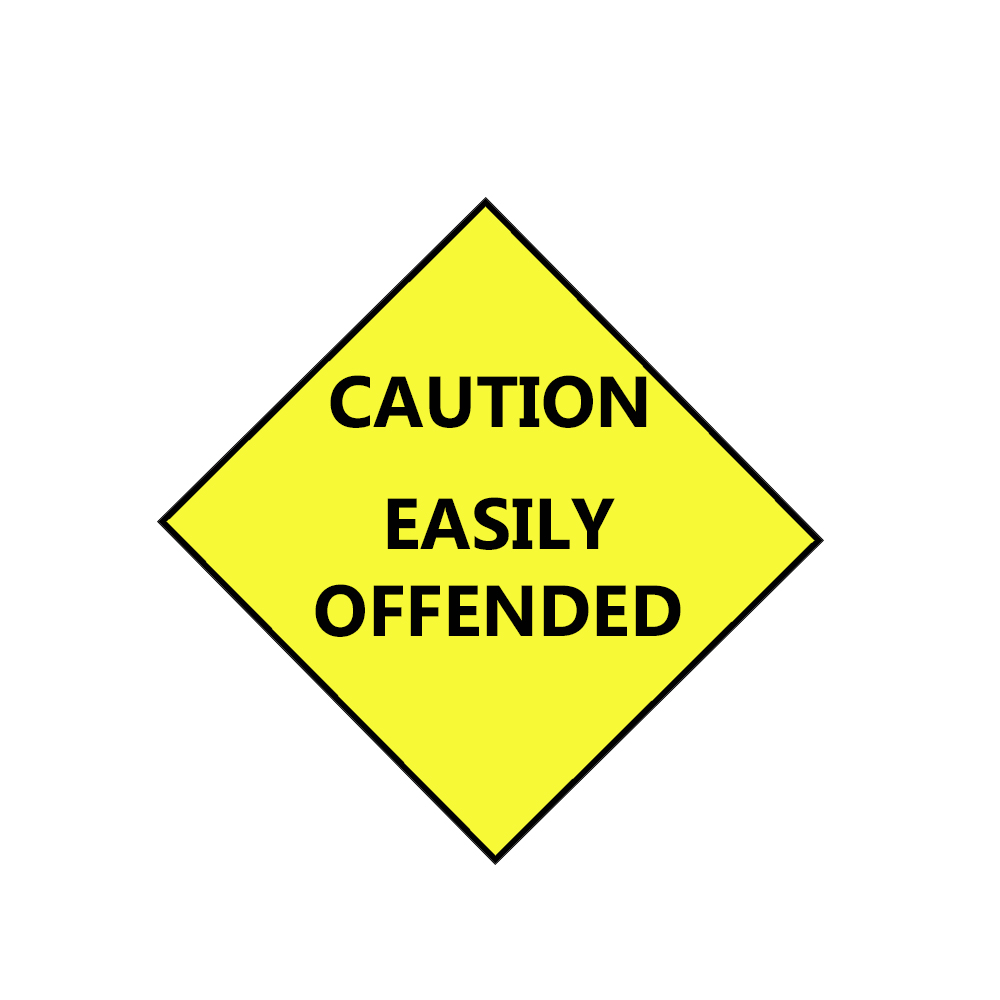The pressing need to create an existential crisis on every topic has gripped both our media outlets and our social media sites. It has come to the point where serious words have been stripped of all meaning. Godwin’s Law appears to be the de facto method of debate. It is impossible to have a practical discussion on any topic on social media and the regular media outlets, in an effort to be heard and seen above the cacophony, have resorted to inflammatory words and expressions on nearly every topic.
Offense appears to be the only thing growing faster than inflammatory words. In July of 2017, a woman attending a baseball game in Atlanta (I presume her first major league game) tweeted a picture of 3 letter K’s in sequence on the upper deck of the stadium, outraged about the implications. She didn’t ask anyone with her what this represented, she just assumed it was a reference to the Klan. Of course, anyone familiar with baseball would know that in scoring, a K represents a strikeout. Her response when a black man responded to her tweet indicating he wasn’t offended? “You must not care about your race as much as I care about yours”. Beyond the poor grammar, how insane does this need to get before we all stand back and say enough is enough?
Racism is a real thing.
It really exists way more than many people are willing to acknowledge, but searching it out and decrying innocent topics does not improve the dialogue. 2017 also saw Neo-Nazis claimed to be offended by the video game, Wolfenstein 2, as it had the hero shooting Nazis. Sorry, If you self-identify as a Neo-Nazi then you can’t claim Godwin’s Law when people lump you in with Hitler and the Nazis.
Our political discourse is even worse. Not only are all political parties using inflammatory hyperbole and claiming a catastrophe is lurking around every figurative corner, but they have elected to operate in a world devoid of facts and real information. If someone states forcefully enough that something is true, then their followers will repeat it as religious dogma. Here in Canada, when the Conservatives were in power all of the Liberal supporters were outraged that the federal Conservative government would run a deficit. Conservative supporters’ views, on the topic of the deficit, were somewhat more sanguine. Once the Liberals were elected, Liberal Party members had no issue with a deficit and Conservatives were apoplectic at the idea that a spend-happy Liberal was in office, destroying our financial condition.
In early January the RCMP issued an ultimatum to protestors in BC who are attempting to block the construction of a pipeline for LNG. The response from protestors? “… an act of war”. Really? When last I saw, an act of war indicates a situation between 2 sovereign nation states. I realize that there are complexities around the legality and relative independence of Native Peoples, but the last that I saw, they are all under the broader band of the Nation of Canada, and even more importantly to this particular topic, the leaders of the First Nation protesting had APPROVED of the project. Who, exactly, is this act of war against? If it is obviously not the case, then why use words like that? You can be opposed to the pipeline or to the RCMP’s intervention without saying things that are inaccurate and simply inflammatory. If you are truly believing that you are now engaged in war against Canada, does that mean you are committing an act of treason? In reality I don’t believe that anyone is engaged in treason, nor do I believe that anyone sees this as an act of war. Perhaps say what you mean and leave off the attention-seeking hyperbole.
The use of these inflammatory words is really another form of intently seeking an offense to be outraged about. People are so easily offended (right and left) that their instinctive response is to seek out an offensive interpretation of anything said by an opponent in a debate. We are attempting to outdo each other in a race to be horrified by what the other said. Many people like to poke fun at the “safe space” idea on university campuses, but it feels like the rest of society (especially online) is no different.
Engaging in discussions on serious topics with people today is like watching professional soccer — touch a player and he suddenly falls to the ground, writhing in agony. I prefer Canadian soccer star Christine Sinclair’s response to injurious situations. In 2011, after having her nose broken by an accidental elbow, she put on a protective mask and then returned to the game.
In a 2005 issue of the Guardian, the brilliant Stephen Fry wrote;
“It’s now very common to hear people say, ‘I’m rather offended by that.’ As if that gives them certain rights. It’s actually nothing more… than a whine. ‘I find that offensive.’ It has no meaning; it has no purpose; it has no reason to be respected as a phrase. ‘I am offended by that.’ Well, so f@#$%&* what!”



